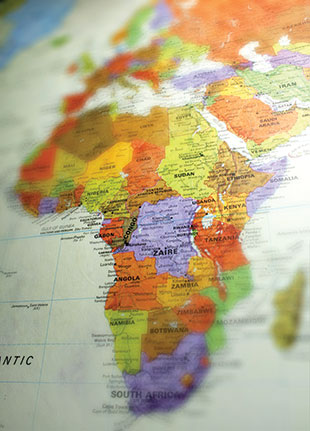 © ISTOCKPHOTO.COM/LCSWARTThe Ebola outbreak in Sierra Leone, Guinea, and Liberia has laid bare the dearth of basic research funding for scientists in many African countries, which cannot afford the high cost of building laboratories and purchasing equipment needed to study such diseases.
© ISTOCKPHOTO.COM/LCSWARTThe Ebola outbreak in Sierra Leone, Guinea, and Liberia has laid bare the dearth of basic research funding for scientists in many African countries, which cannot afford the high cost of building laboratories and purchasing equipment needed to study such diseases.
Since 2010, the National Institutes of Health (NIH) has provided $300 million in grants to researchers in just 17 of 54 African countries, for example, with around $200 million going to South Africa alone, according to the NIH RePort funding database.
Some donors and scientists predict the heightened awareness may result in expanded funding on not just Ebola, but also diverse neglected diseases in Africa. “Ebola has brought in very sharp relief the extent of our ignorance in Africa and the Western world” about emerging infectious diseases, said Steve Kayizzi-Mugerwa, director of development research at the African Development Bank, which collects contributions from African governments and donors to fund development across the continent. “It’s a very serious epidemic, but everything has a silver lining,” he ...















